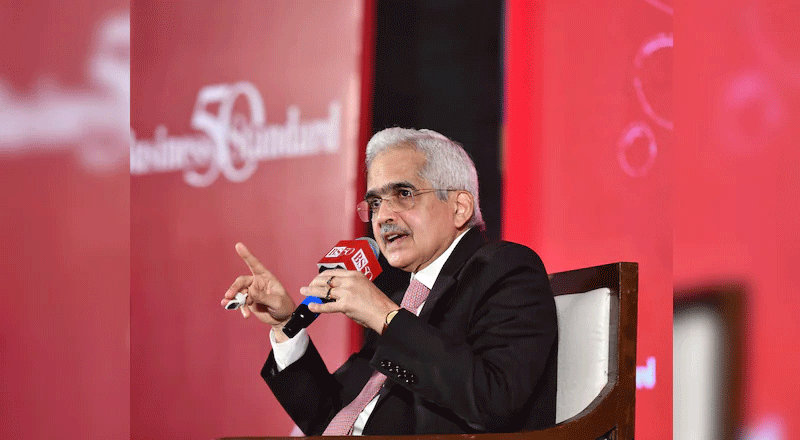- Andhra Pradesh underwent a monumental change on 2nd June, losing Hyderabad as its capital.
- The capital of Telangana now exclusively serves Hyderabad, following the mandates of the Andhra Pradesh Reorganisation Act of 2014.
- Hyderabad served as the common capital for both Andhra Pradesh and Telangana for a transitional period not exceeding ten years, starting from 2nd June 2014.
- Former CM Chandrababu Naidu had initiated plans for a grand capital in Amaravati, where significant land acquisitions had already taken place.
- Jagan Mohan Reddy’s proposal for three capitals, comprising an executive capital in Visakhapatnam, a legislative capital in Amaravati, and a judicial capital in Kurnool.
- The transition from Hyderabad presents administrative complexities, with Telangana assuming control of government buildings and assets previously utilized by Andhra Pradesh.
- Andhra Pradesh’s capital transition marks a pivotal moment in its history, signifying a shift in administrative dynamics and regional aspirations.
In a significant shift, Andhra Pradesh underwent a monumental change on 2nd June, losing Hyderabad as its capital. The capital of Telangana now exclusively serves Hyderabad, following the mandates of the Andhra Pradesh Reorganisation Act of 2014.
According to Section 5(1) of the AP Reorganisation Act, Hyderabad served as the common capital for both Andhra Pradesh and Telangana for a transitional period not exceeding ten years, starting from 2nd June 2014. However, Section 5(2) of the Act stipulated that post this transitional period, Hyderabad would become the sole capital of Telangana, necessitating the establishment of a new capital for Andhra Pradesh.
With Hyderabad no longer an option, Andhra Pradesh finds itself in search of a new capital. Former Chief Minister Chandrababu Naidu had initiated plans for a grand capital in Amaravati, where significant land acquisitions had already taken place. However, after the change in leadership with Jagan Mohan Reddy assuming power in 2019, the vision for the capital underwent a paradigm shift.
Jagan Mohan Reddy’s proposal for three capitals, comprising an executive capital in Visakhapatnam, a legislative capital in Amaravati, and a judicial capital in Kurnool, aimed to decentralize administration and spur development across various regions of Andhra Pradesh. Despite facing challenges and legal hurdles, Reddy remained steadfast in his vision, garnering both support and opposition.
As Andhra Pradesh awaits election results on 4th June, the discourse around the state’s capital gains prominence. Reddy’s campaign promises, including naming Visakhapatnam as the executive capital, underscore the evolving political landscape and the potential shifts in administrative geography.
The transition from Hyderabad presents administrative complexities, with Telangana assuming control of government buildings and assets previously utilized by Andhra Pradesh. Discussions regarding the possession of specific buildings and assets, including offices and training institutions, remain crucial amidst the changing political scenario.
The quest for a new capital symbolizes Andhra Pradesh’s journey towards redefining its administrative identity and fostering regional development. While challenges persist, the state’s political leadership remains committed to navigating these transitions and charting a course towards progress and prosperity.
Critics of the three-capital proposal raise concerns about the logistical challenges and potential disparities in resource allocation. However, proponents argue that such a decentralized approach will promote inclusive growth and address historical imbalances in regional development.
Andhra Pradesh’s capital transition marks a pivotal moment in its history, signifying a shift in administrative dynamics and regional aspirations. As the state embarks on a quest for a new capital, the journey ahead promises to shape its socio-economic landscape and define its trajectory in the years to come. With strategic planning and inclusive governance, Andhra Pradesh aims to emerge stronger and more resilient, embracing change as an opportunity for growth and transformation.
(With inputs from agencies)





